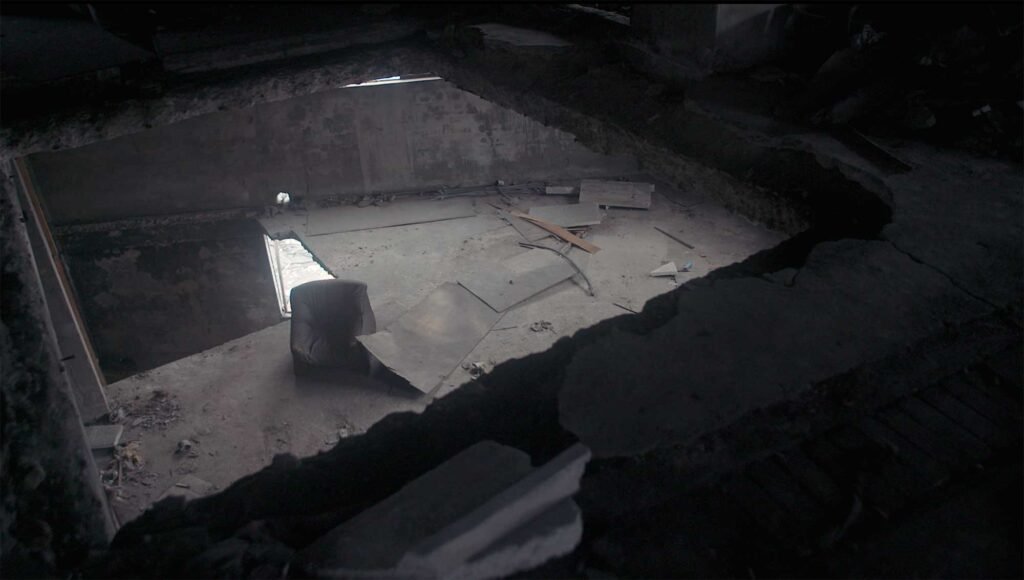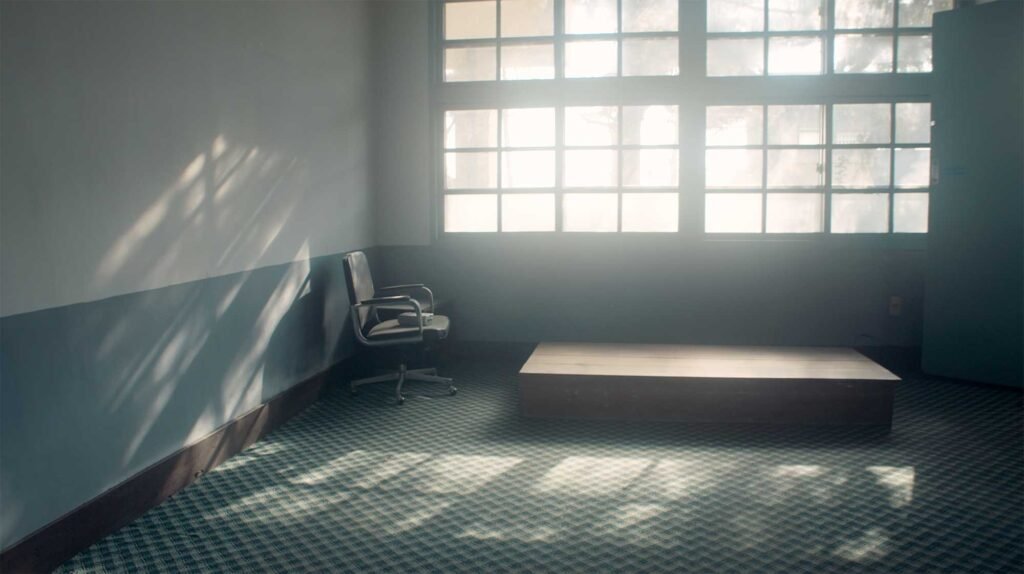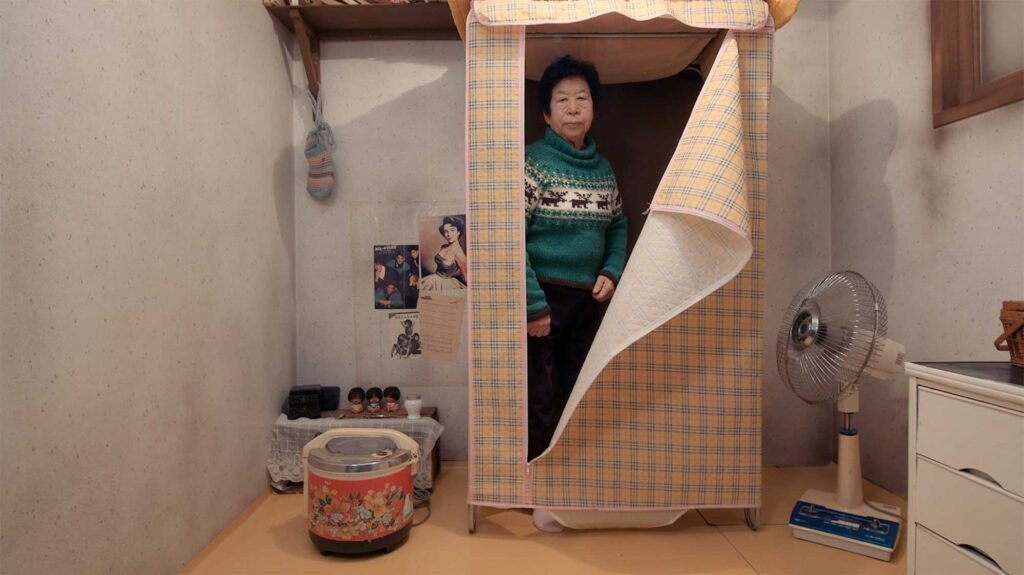Bikini Words: A Cinematic Journey into Korea’s Linguistic Past at the 9th Budapest Architecture Film Days
The 9th Budapest Architecture Film Days, hosted by the Hungarian Contemporary Architecture Centre, proudly features BIKINI WORDS by Nils Clauss. The festival, renowned for its focus on storytelling and personal connections with the city, presents buildings in an elusive and subjective manner. As the first and largest architecture-related film festival in Central Europe, it provides a lens to interpret social changes through disappearing neighborhoods, renamed streets, new districts, and the multiculturalism of Central European cities.
Festival Spotlight: BIKINI WORDS
BIKINI WORDS, winner of the Best Short Documentary at the Liverpool Lift-Off Film Festival 2016, takes viewers on a cinematic journey through South Korea’s vanishing spatial past. Clauss captures the linguistic evolution among factory workers during the rapid industrialization of the 1970s and 1980s, shedding light on their urbanized lives and the creation of a unique vocabulary.
Exploring Korea’s Linguistic Development: A Collaborative Project
Initiated by Hongsung Kim and Jinbok Wee, the film is a collaborative effort with Geumcheon District Office in Seoul. The exhibition, based on an index of 99 words from the 1970s and 1980s, delves into Geumcheon’s development during South Korea’s economic boom. Clauss carefully selects eight words to craft a thematic narrative that provides international audiences with insight into the transformative era, encapsulated in the title BIKINI WORDS.
Challenges and Trust-building: Behind the Scenes
Facing a tight deadline, Clauss and producer Kuiock Park had limited interaction with the workers. Recruiting participants proved challenging due to the clichéd narratives presented in the media about factory workers. However, the team gained the trust of those who had experienced factory life during the 1970s and 1980s, ensuring a unique perspective on Korea’s history.
Imaginary Trip Back in Time: The Essence of BIKINI WORDS
The intentional absence of people in the footage allows the audience to imagine the spaces as they once were. The film’s title, “Bikini Closet,” resonates with Korea’s past and contributes to the overall visual narrative. Clauss, a cinematographer with a focus on composition and storytelling, strikes a balance between artistic expression and educational value, emphasizing the importance of a compelling story in filmmaking.
Inspiration from Korea’s Rapid Development: A Filmmaker’s Reflection
Living and working in Seoul, Clauss finds inspiration in the country’s rapid development since the Korean War. Despite societal challenges, the dynamic creative scene and ongoing debates make Korea an intriguing place for a filmmaker and photographer. Clauss reflects on the shifting perceptions of Korean cinema, noting the vibrant period in the 1990s.
Conclusion: The Impact of BIKINI WORDS
As BIKINI WORDS makes its debut at the 9th Budapest Architecture Film Days, it not only explores linguistic development but also contributes to the festival’s mission of providing new viewpoints on urban transformation and architectural processes. Don’t miss the screening on Sunday, March 5th, 2017, at 15:00 at Toldi Mozi – Bajcsy-Zsilinszky út 36-38., Budapest, Hungary, 1054, for a captivating journey through Korea’s industrial past.



